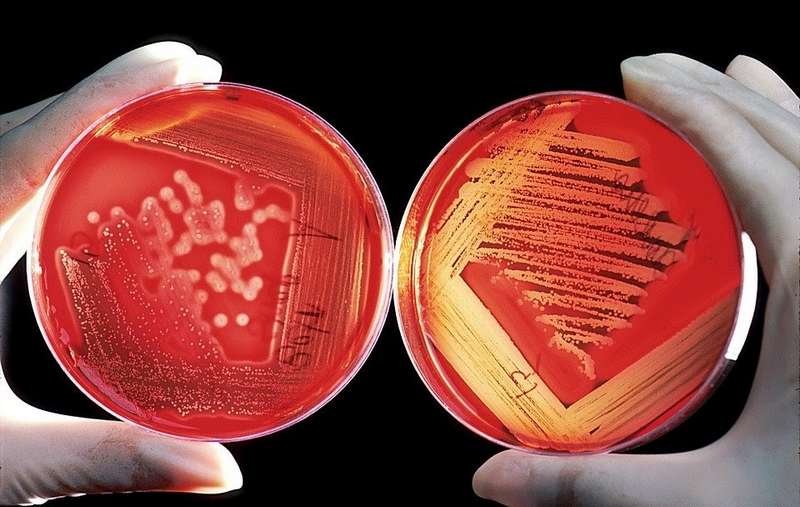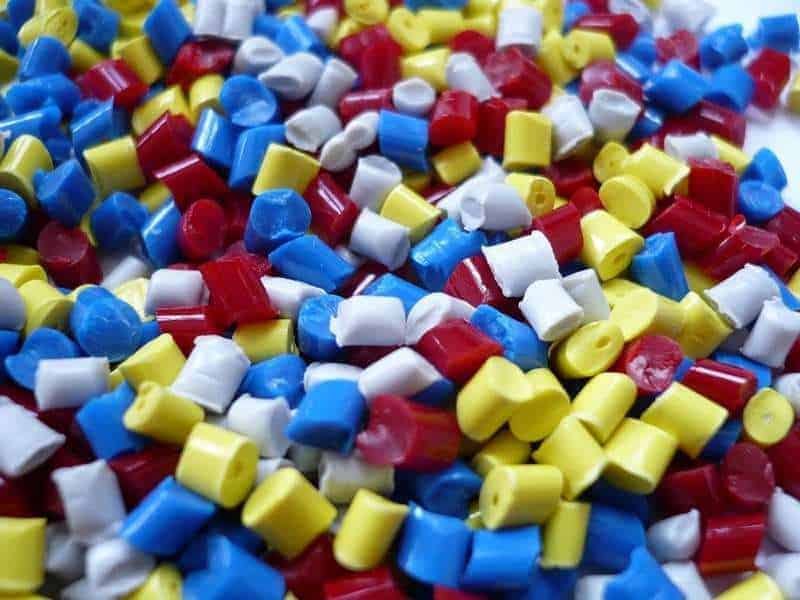Polymers are large molecules that are composed of several other smaller subunits. There are natural polymers found in the environment, and there are also synthetic or man-made polymers. Each of these macromolecules has different unique physical and chemical properties that make them beneficial for a wide variety of purposes. To better understand this, it is a good idea to get to know the different classifications of polymers first.

Classifications of Polymers
Based on Source
Polymers can be classified into three categories based on their source, namely natural, semi-synthetic, as well as synthetic. Natural polymers are those that are found in plants and animal proteins, while semi-synthetic polymers are those which are derived from naturally occurring macromolecules. On the other hand, synthetic polymers are those which are man-made.
Based on Structure
Polymers can also be classified based on their structure in the monomer chain. In this case, there are linear, branched-chain, as well as cross-linked polymers. Linear polymers contain long and straight chains such as polyvinyl chloride, while branched-chain polymers stem from linear polymers that formed branches such as low-density polythene. Conversely, cross-linked polymers are those composed of bifunctional and trifunctional monomers, having a stronger covalent bond.
Other Classifications
Apart from being categorized based on source and structure, polymers can also be classified based on their polymerization, monomers, as well as molecular forces. Polymers classified based on their polymerization are segregated into two groups, namely the addition and condensation polymerization. On the other hand, polymers classified based on monomers can either be homomer or heteropolymer. In the former, only a single type of monomer can be found, while in the latter, different types of monomer units make up the polymer. Finally, there is also a classification based on molecular forces. In this case, the polymers can be classified as elastomers, fibers, thermoplastics, as well as thermosetting polymers.
Because of the presence of polymers all around the environment, it is undeniable that they have reshaped the world in ways listed below.
Polymer Sealants in the Automotive Industry
In the automotive industry, polymer sealants are usually employed to preserve the aesthetic appeal of a vehicle. It creates a barrier between a car’s finish and external elements, reducing the risk of damage to your vehicle. More often than not, polymer sealants are used in detail work that is part of a car’s routine maintenance. Explore the digital world, and for sure, you will be able to come across a website dedicated to polymer sealants specifically used in the automotive industry. It is here where you are most likely to find the specific type of polymer sealant most suitable for your vehicle, as well as where you will be able to purchase these sealants.
Polypropylene and Its Applications
Polypropylene is used in a plethora of industries because it is quite resilient to wear and tear that can be caused by various factors such as extreme sun exposure or the presence of mold and bacteria. It is a type of thermoplastic polymer resin that is more durable compared to the usual plastic that you know of. For this reason, polypropylene is one of the most preferred materials for packaging instead of cellophane, metal, or paper. Some of the main sectors using it, in this case, includes the food and tobacco industry, as well as in the clothing and fashion industry.
Polypropylene is also found in several consumer products such as bottle caps and houseware, including your carpets, mats, and rugs. These polymers can sometimes be part of your furniture, your child’s toys, as well as your luggage. Even your home appliances can bear polypropylene components.
Polystyrene in Different Industries
Polystyrene is another polymer that is very much used in numerous industries. Some of the appliances that are usually made with polystyrene include refrigerators, air conditioners, and ovens. In the automotive industry, the solid and foam types of this polymer are used to manufacture car parts such as knobs and instrument panels. It is also a material that is used to manufacture child protective seats. In the electronics field, polystyrene is commonly used for the housing of televisions, computers, as well as other electronic gadgets, even your smartphones.
In this case, they are not only fully functional, but they preserve the visual appeal of the gadgets as well. You will also find polystyrene in the foodservice industry, commonly used as a packaging material to keep food fresher longer.
Polystyrene is also an efficient insulating material, providing thermal insulation in building walls and roofing, as well as refrigerators and coolers. In the medical industry, you will be able to find polystyrene as the main material used in making test tubes, as well as housing for test kits.
Polyvinyl Chloride in Building and Construction
Polyvinyl chloride serves several purposes in different industries, but it is mostly utilized as the main material of various building materials in the construction industry. This is because this polymer is strong and resistant to moisture and abrasion. It also doesn’t entail the need for frequent painting and cleaning, neither is it prone to corrosion. Polyvinyl chloride, or simply vinyl, is used in producing siding and window frames that are not only durable but affordable as well. The great thing about this material is that they offer thrice as much insulation compared to aluminum windows.
This material can also withstand exposure to changing temperatures and even dampness and moisture. For this reason, it is also one of the most preferred materials used in making electrical wiring and cables.
PVC, the acronym for polyvinyl chloride, is also a common material that is used in making water pipes. Because the pipes manufactured using PVC are mostly leak-free, energy and water are significantly conserved. In addition to this, PVC is also not prone to corrosion or breakage, and it can also withstand environmental stress.

In conclusion, there are different types of polymers, each having a particular characteristic that makes it suitable for a specific purpose. You will surely find polymers all around you, shaping the world in ways such as those listed above. Thus, it can be deemed that polymers are significant in making various things possible and running different processes seamlessly.





